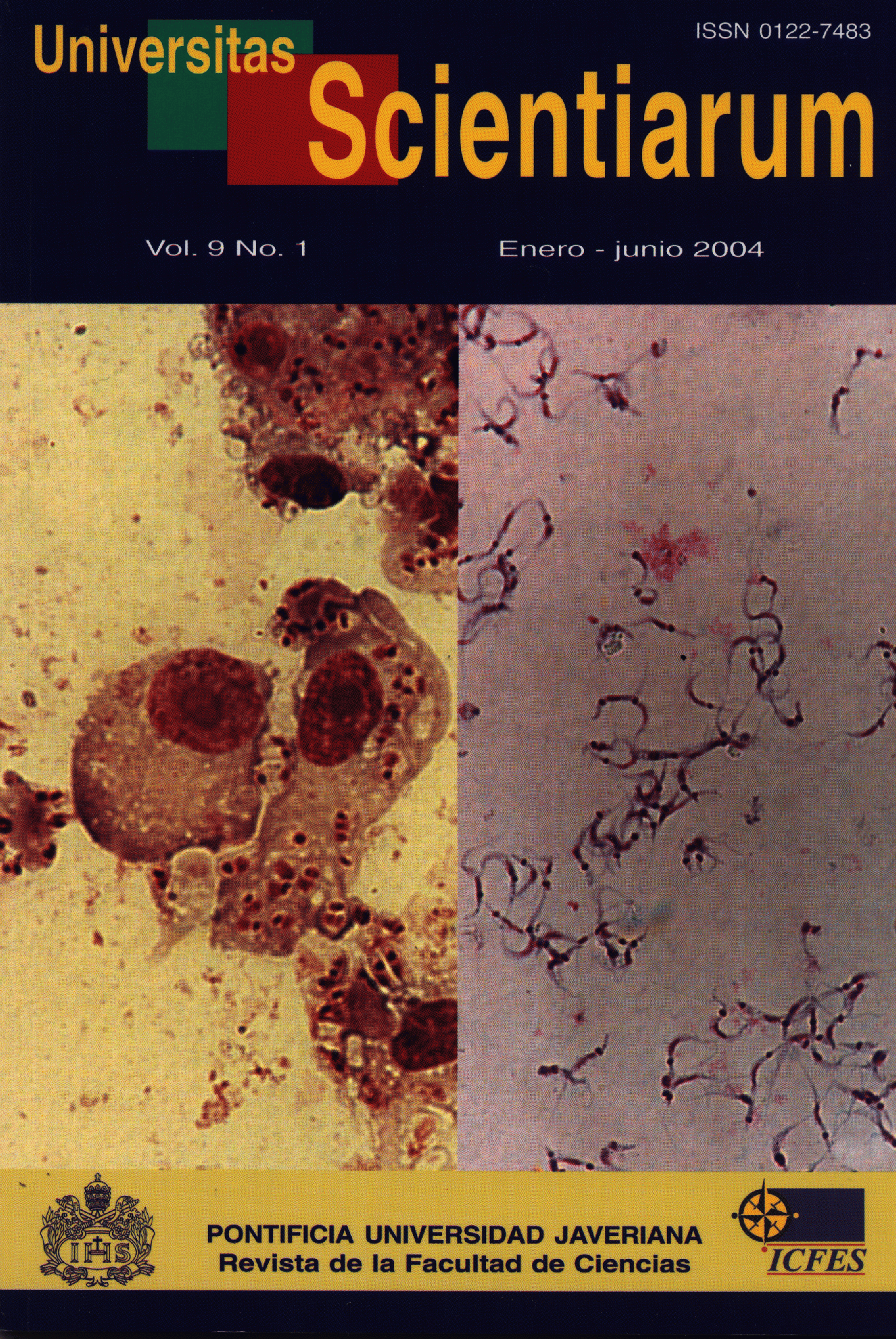Abstract
Starting from the support papers (manual, bond and newspapers ), photography with gelatin and silver emulsion and planes with support in textile fiber of Colombia’s General Archive, different isolation tests and identification of fungi were carried out to determine the stains with highest appearance frequencies and the effect of the disinfectant Tego51®, Timsen® to 4000 ppm (1.6 g of n-alquil dimetil bencil), Ethanol to 70% and Newger® to 0.7% (N-Duopropenida).
Equally at 231, photography with gelatin emulsion of the bottom of the Ministry of Public works (MOP) that presented biodeterioration indicators, we) carried out isolation and identification of 48 fungal stains, and found two fungal stains with the highest appearance frequencies, Penicillum sp and Cladosporium sp, and the two with the highest levels of aggression to the applied supporting substances, Rhizopus sp, Cladosporium sp, Aspergillus sp 1 and Fusarium sp, with biodeterioration effect in 25b days.
At the beginning, Penicillum sp, Cladosporium sp, Rhizopus sp and Aspergillus sp 1 were selected for evaluating three disinfectants at three different concentration levels (Timsen® to 1000 ppm, 2000 ppm and 3000 ppm, Ethanol to 50%, 70% and 80% and Newger® to 0.5%, 0.7% and 1%) to determine the fungicidal effect and their action on the photographic support.
Finally, 66 planes with support in textile fiber were also evaluated starting with the ones which were isolated and 37 fungal stains were identified. The two fungal stains with the highest appearance frequencies were Penicillum sp and Cladosporium sp which also demostrated high aggressiveness in the support together as well as Bipolaris sp.
Univ. Sci. is registered under a Creative Commons Attribution 4.0 International Public License. Thus, this work may be reproduced, distributed, and publicly shared in digital format, as long as the names of the authors and Pontificia Universidad Javeriana are acknowledged. Others are allowed to quote, adapt, transform, auto-archive, republish, and create based on this material, for any purpose (even commercial ones), provided the authorship is duly acknowledged, a link to the original work is provided, and it is specified if changes have been made. Pontificia Universidad Javeriana does not hold the rights of published works and the authors are solely responsible for the contents of their works; they keep the moral, intellectual, privacy, and publicity rights. Approving the intervention of the work (review, copy-editing, translation, layout) and the following outreach, are granted through an use license and not through an assignment of rights. This means the journal and Pontificia Universidad Javeriana cannot be held responsible for any ethical malpractice by the authors. As a consequence of the protection granted by the use license, the journal is not required to publish recantations or modify information already published, unless the errata stems from the editorial management process. Publishing contents in this journal does not generate royalties for contributors.



